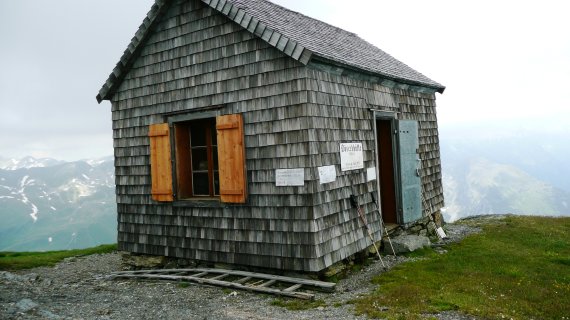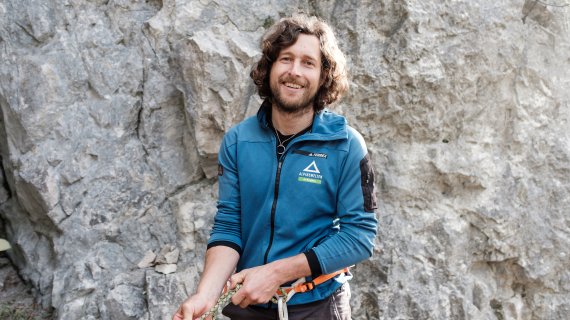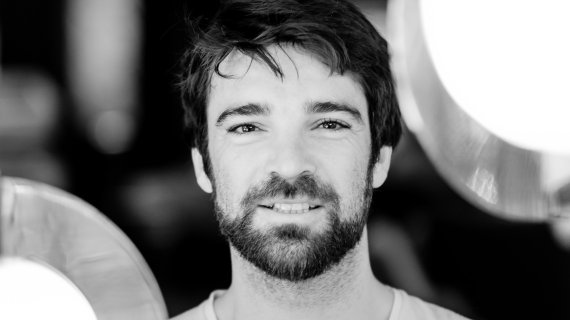Elias Elhardt and Stefan Ager have been among the top freeriders in the world for years. One on a snowboard, the other on skis. What they have in common is that they want to do winter sports differently and make freeriding more sustainable. A conversation about growing up, footprints on the mountain - and zeppelins as climate-friendly ascent aids
Sport Does Not Function in Isolation from the Rest of the World.

You have released two of the most discussed ski and snowboard movies of the season. "Contraddiction" and "Zeppelin Skiing" are about how to combine your passion with bigger goals like sustainability in very different ways. Can that work?
Elias: Most skiers live in the cities and have to drive for hours to get to the mountains. Add to this the enormous amount of energy required for winter sports, just for snow-making alone. Winter sports are simply not sustainable. But the question is how to deal with it. Doesn't it matter to you? Or do you look at what you can do yourself to make it more sustainable?
Stefan: The perfect climate-neutral solution is certainly not available in the short term. But everyone can get better. Take our clip of the zeppelin airship. We came up with the idea four years ago. Back then we wanted to make a completely green ski film and replaced the helicopters, which are usually used in freeride movies, with hot air balloons. However, we then found that..: Unfortunately, hot-air balloons cannot be steered. After that we got the idea with the Zeppelin. Granted, there is a small engine on it, so we can't speak of a completely environmentally friendly vehicle. But the Zeppelin is definitely more climate-friendly than a helicopter.
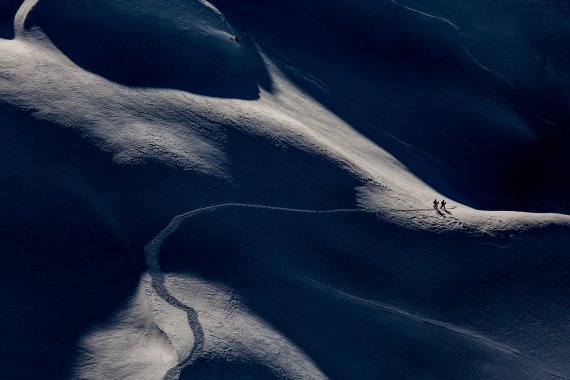
What are the reactions?
Stefan: Of course we get negative comments for a project like Zeppelin-Skiing, but we have to accept that. It's not about making everything perfect right away. Or wanting to take something away from someone or prohibit anything But doing better - that's what we want.
In "Contraddiction" you, Elias, describe a process that has obviously occupied you for a long time. It's about growing up in the snowboard scene.
Elias: Coming of age is a about right. Basically, it's about maintaining the quality of snowboarding, the great light-heartedness we grew up with.
Stefan: Yeah, it was the same for me. At 18 I was in school and just looked to see how I could get up the mountain the fastest. And when there was fresh snow, I didn't even go to school.
Our films are a chance to create new narratives. I think this is the greatest contribution we can make
Elias: But eventually you realize: It's not enough anymore. Social topics are not new to me at all, I have always been interested in them. But this was running in two parallel worlds. And then came the point where I realized that I have to create a connection between the topics that concern me and what I represent and live in snowboarding. That was the trigger to make Contraddiction. Basically, I have a dream job. But I just needed more substance. If I only and exclusively snowboarded, as I used to, I wouldn't be fulfilled.
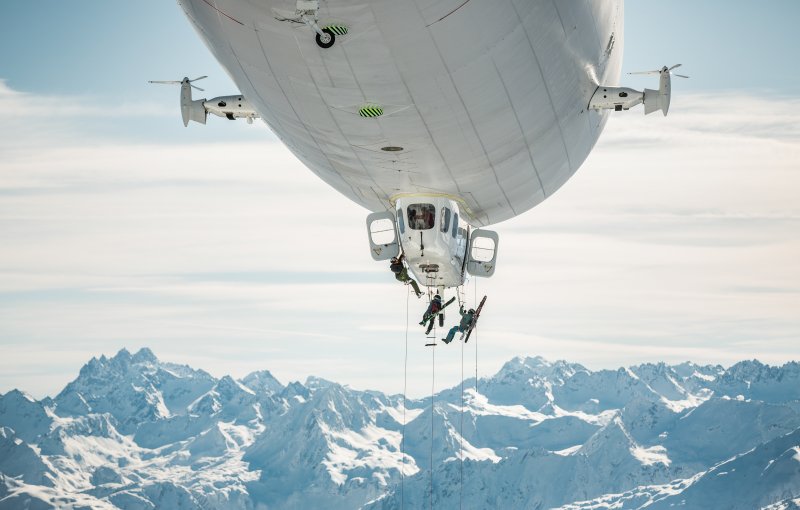
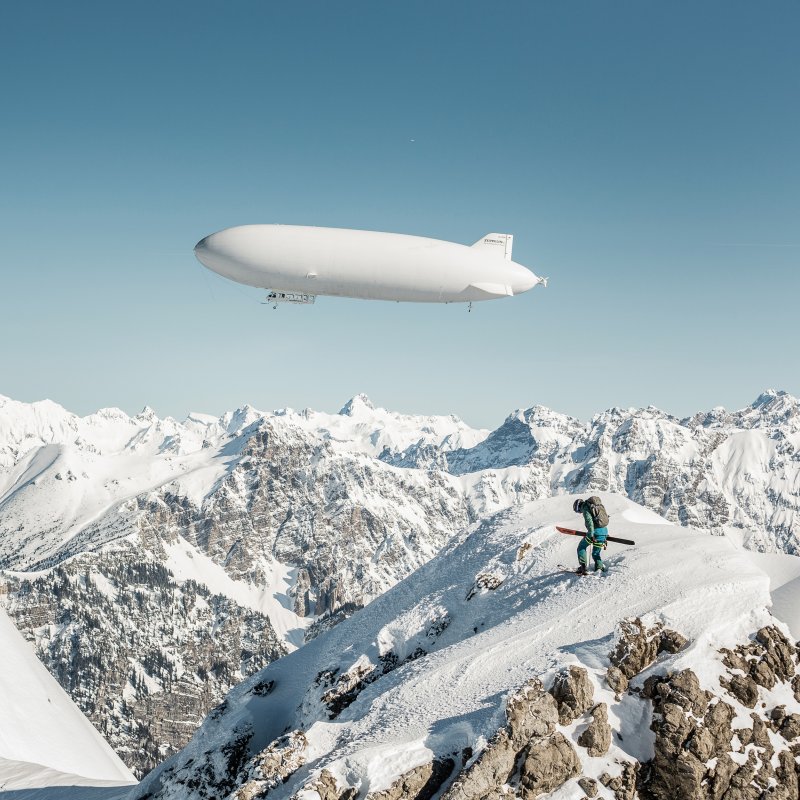
Can ski or snowboard films offer more than breathtaking pictures?
Elias: Sports films should first and foremost be fun. But we have a big platform, we should use it. Our films are a chance to create new narratives. I believe this is the greatest contribution we can make.
You spend a lot of time in nature. What has changed since you started 20 years ago?
Stefan: Of course I can see that from the five glaciers which I regularly visit. They have shrunk massively, not just in recent years.
Elias: In the ski resorts in the Allgäu, where I grew up or behind the house, where I learned to snowboard, sufficient snow is no longer a certainty. But the social climate is also changing. We grew up in a totally apolitical time. From today's perspective, I think that's a pity. So much the better that the younger generation in particular is becoming active now. Sport does not function in isolation from the rest of the world. So we also have to deal with these issues in the films we make.
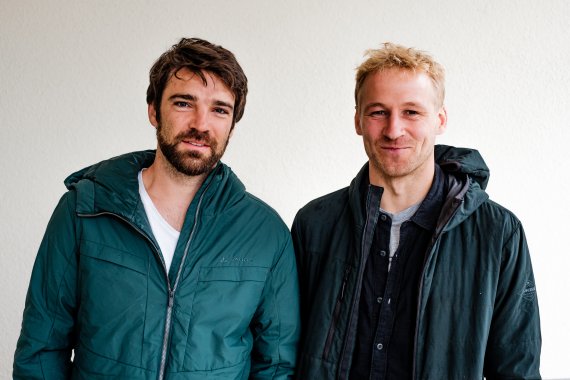
Stefan, you have been travelling by hot air balloon long before Fridays for Future and have been working towards a sustainable approach. Is this now a trend in the scene?
Stefan: At least one subject. We shot our film "Heimschnee" completely in Tyrol, with all the spots and elements for which we had previously flown around the world. We left out snowmobiles and helicopters and just went off with sled dogs or landed in a hot air balloon. The core message for us was that we can create the same output on our own doorstep, but with a dramatically smaller ecological footprint. And also in general you can see a huge trend towards ski touring - and I don't think this is a coincidence. Here in Tyrol alone, the number of ski-tourers has certainly increased tenfold in recent years. People are more and more looking for the simple, looking for peace and quiet when going uphill again and then reward themselves with a great descent.
In Contraddiction, there are some tough cuts. On one side the lonely expanses, on the other the mass tourism on the mountain. Would there even be room for all these people off the beaten track?
Elias: That's not the point. I don't think urban areas are fundamentally bad, that's also part of the mountains. It is a funny story that the mountain is pure nature and every settlement is a stark contrast. This is all cultural landscape that has been cultivated for centuries. Perhaps it also comes from a more urban perspective that transfigures many things from a distance. But we must ask ourselves in principle how we live together and how we want to use these areas too. I don't believe that mass tourism in the Alps can be sustainable. But we are also experiencing that areas that are not used for tourism are dying out.
We make a living from making ski movies. You have to offer something special to survive at all
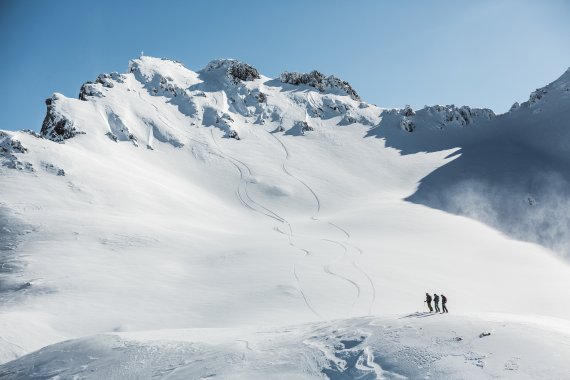
What can the individual winter sports enthusiast do so that we will still be able to ski in 20, 30 years?
Stefan: It is important to be aware that even small things can make a difference. It starts with small things, such as cycling, taking the train into the mountains or at least carpooling whenever possible.
Elias: I'm sure these are only small contributions. But they do sharpen your consciousness. And then you are suddenly also ready to support bigger and then the huge changes.
Stefan: And even committing to ensuring that ski area X in the protected area is not developed helps. Even if it doesn't always appear so at first glance - the individual person has the opportunity to make his or her contribution. We make a living from making ski movies. You have to offer something special to survive at all. It used to be about bigger jumps, wilder descents, then you won. Meanwhile we tell stories. You have to offer something interesting new. Just like with the zeppelin, you'll make it. It's a picture that goes around the world.
During the European Outdoor Fim Tour EOFT about 250.000 people will see your films. What do you wish for them?
Stefan: That they have fun and even more desire for their sport. And afterwards, perhaps approach the matter a little more consciously.
Elias: The people who travel a lot through winter sports, they have a big lever. That is precisely why we need to talk about what we are actually doing here - and how we are doing it. If we can stimulate a discourse, that would be good.
